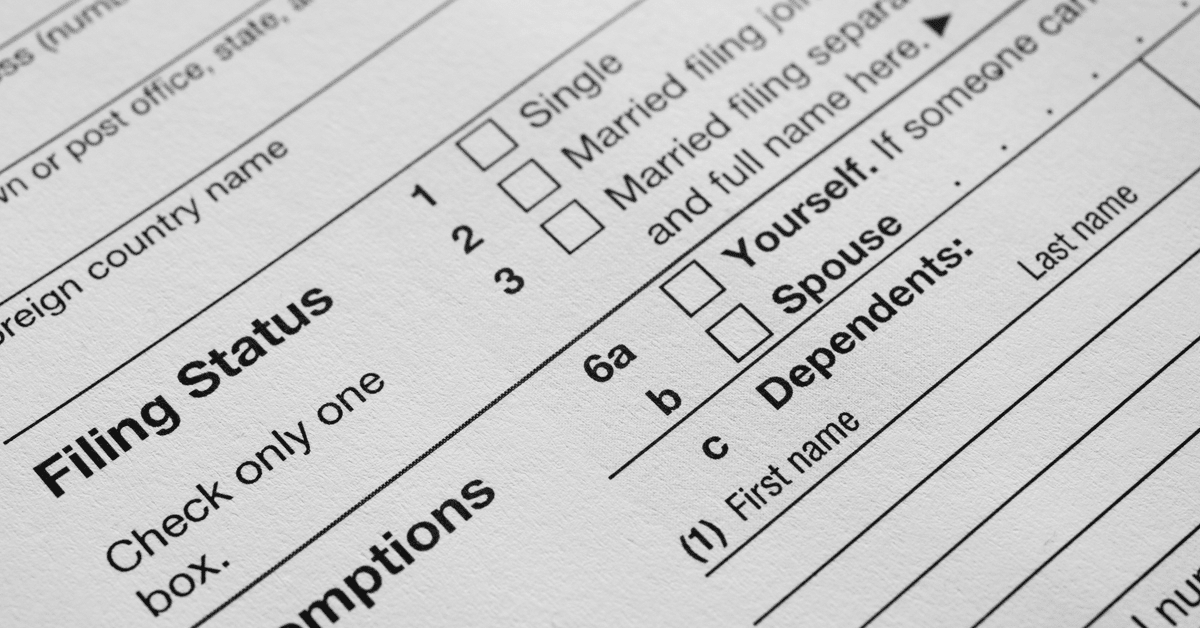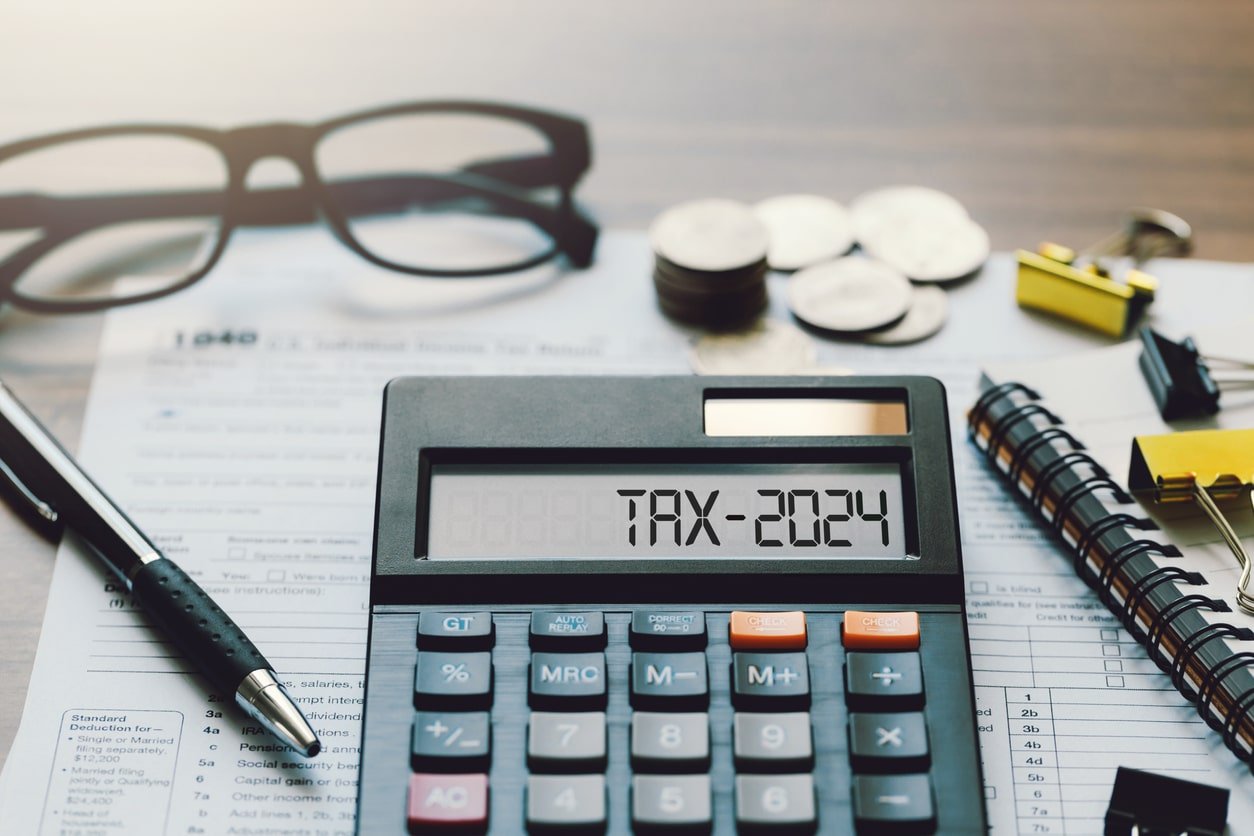
When the Inflation Reduction Act passed in 2022, it certainly made waves. One of the most controversial provisions of the bill was to award billions in funding to the Internal Revenue Service. This influx of funding gave the U.S. Treasury Department the ability to expand its workforce, invest in newer technologies, and—crucially—ramp up the enforcement of IRS collections on back taxes.
In 2024, the IRS is projected to collect hundreds of billions of dollars more in tax revenue than originally anticipated. So, what does this mean for individuals and businesses with unpaid or overdue taxes? At Lothamer Tax Resolution, our CPAs, tax professionals, and Enrolled Agents are here to explain what these new projections mean and what you can do to protect yourself.
Everything You Need to Know About IRS Collections & Enforcement in 2024
The IRS & Inflation Reduction Act: Background
The Inflation Reduction Act was signed into law in August 2022. The bill covered numerous sectors, from climate to health care to, of course, taxes. $80 billion was allocated to the IRS, which it has used to form a strategic plan with 42 initiatives.
These initiatives range in scope from improving the taxpayer experience to upgrading technology. However, of major concern for many is the focus on expanding enforcement to address the tax gap: the difference between the amount of taxes taxpayers owe and the amount they’ve paid.
2024 Enforcement: The Treasury Department’s New Analysis
At the end of January 2024, the IRS and the Treasury Department released a new analysis of revenue projections over the next decade. The analysis reports that despite recent attempts to curb IRA funding, the IRS has been able to ramp up enforcement initiatives and will collect more in back taxes than previously thought.
Between 2024 and 2034, the IRS projects it will generate at least $561 billion in tax revenue—and perhaps as much as $851 billion—by going after delinquent tax debt.
Who the IRS will Target
The stated goal of this new enforcement drive is to go after “high-income individuals, large corporations, and complex partnerships.” The definitions of who counts as wealthy and which businesses will draw the IRS’s attention are still somewhat unclear. What we can predict is that IRS audits and other collection actions are going to become more and more commonplace.
The current tax gap has grown to over $600 billion per year. With this influx of funding, the tax authorities are certain to pursue as much of that revenue as they can. Clearly, we can expect the IRS to take its expanded duties seriously.
New Technology Makes Tax Enforcement Easier
In addition to the hiring surge, the IRS has also identified a more robust use of data analytics and IT tools as strategies for improving efficiency. That means more accountants with more tools to identify more individuals and businesses who owe taxes.
While the debate rages on over precisely how many Americans will be affected by this initiative, it’s best to be prepared. If you know you have a significant amount of overdue or unpaid taxes, now is the time to take action.
What to Do if You Owe Back Taxes
If you fall into any of the following categories, we highly recommend speaking with a licensed tax professional immediately:
- You owe thousands of dollars to the IRS
- You can’t pay the tax debt you owe
- You’re behind on your taxes and have unfiled tax returns
- You’ve been notified of an impending IRS audit, wage garnishment, or tax lien
- Your business owes payroll taxes or any other type of delinquent tax
Tax season is here—and the IRS is busy mounting its best offensive against those with unpaid taxes. If you have a tax problem that has been snowballing, no matter how complex, now is the time to take action.
Your IRS Collection Questions Answered
Does the Inflation Reduction Act add IRS agents?
Yes, the Inflation Reduction Act provided funding for the IRS to hire more employees in various roles, from agents to accountants. In November and December of 2024 alone, the IRS made offers to over 560 new accountants, as well as several other key roles. That’s in addition to thousands of open enforcement positions and counting.
Should I wait to file taxes in 2024?
No—in fact, the sooner you get current with your taxes, the better. If you’re behind on filing, the CPAs, tax professionals, and Enrolled Agents at Lothamer Tax Resolution can help you get current. No matter how long you’ve been behind or how complicated the situation feels, we have the people and technology to find the optimal solution.
How long does the IRS have to collect back taxes?
The IRS statute of limitations on collection is 10 years from the time of assessment—not the time the taxes were due. That means if you file a late tax return, the IRS has 10 years to collect from you, beginning at the time of filing. This statute can be extended under certain circumstances and can be used to your benefit or disadvantage.
Speaking to a licensed tax professional can help you make the most of this statute. Remember—it always pays to get current with your taxes!
When will the IRS start processing electronic returns?
The IRS began processing tax returns on January 29. The deadline to file is April 15. If you know that you’re facing a significant tax problem, don’t wait to contact the experienced team of tax professionals at Lothamer Tax Resolution. The sooner you take action, the better your outcome is likely to be.
Protect Yourself: Speak to a Tax Professional About IRS Collections Today
Don’t wait until the IRS comes after you to arm yourself with professional tax representation. At Lothamer Tax Resolution, our team is ready to take action TODAY. It’s time to take back control of your financial future and free yourself from the pressures of the IRS. Contact us today to get the lifeline you deserve.
Lothamer Tax Resolution: Your Trusted Tax Resolution Firm
Serving taxpayers throughout Michigan, Ohio, Wisconsin, Indiana, Missouri, Kentucky, and beyond, Lothamer Tax Resolution is ready to put over 40 years of experience to work for you. We know how to deal with the IRS, and we will request a stay on collections on your behalf within 24 hours of securing service with our team. Explore the Lothamer Advantage to learn more, find your nearest tax professional, or call us at (877) 955-9020 to get started.
"*" indicates required fields




